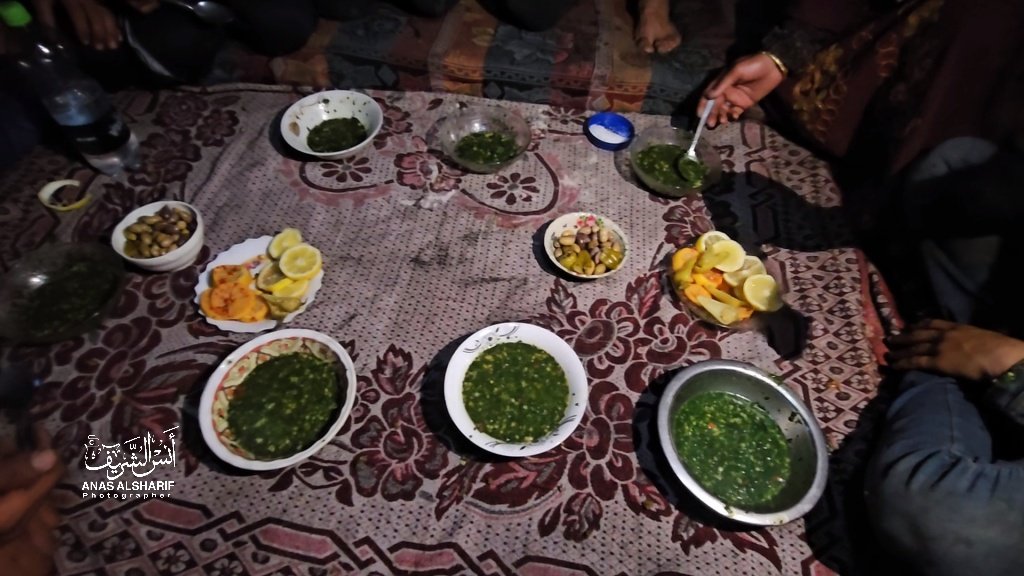Palestinians are being forced to eat grass
This week, an image of a Palestinian family in Gaza sitting down to break their fast with ground-up grass in bowls for their meal circulated rapidly online.
One family in Gaza told Middle East Eye's correspondent on the ground that they have been forced to pick grass and cook it amid a lack of any food or humanitarian aid.
বিশ্ব Read more from
Delhi CM Kejriwal on 7-day remand
remittance of 15,500 crore rupees came in 22 days
যুক্তরাষ্ট্রে দাবানল ঠেকাতে আজান দেওয়ার দাবি, যা জানা গেল
“We lie to our children and tell them it’s mulukheya,” they said, referring to a jute mallow soup typically eaten around the Middle East.
While grass is technically edible to humans and non-toxic, it is not the best food for humans, particularly if consumed over long periods.
Grass is made up of water and lignin, a protein that is hard to break down by the human digestive system.
For animals such as cows, eating grass is not a problem as their stomachs can digest and access the starch and cellulose found in grass.
However, for humans, the high amount of cellulose content means that there is little nutritional value, especially when compared to other foods rich in nutrients, vitamins and minerals.







